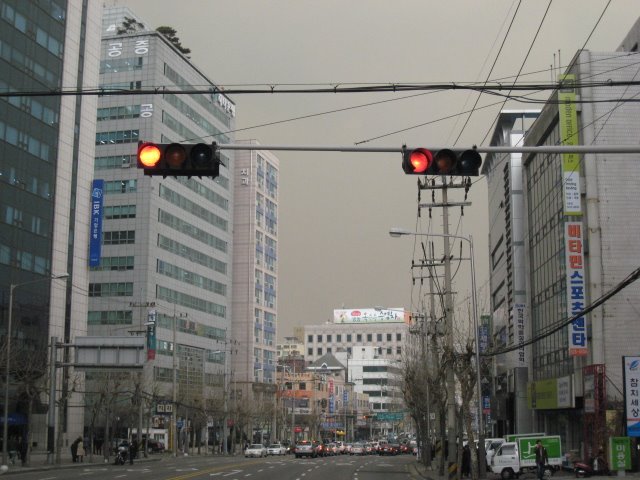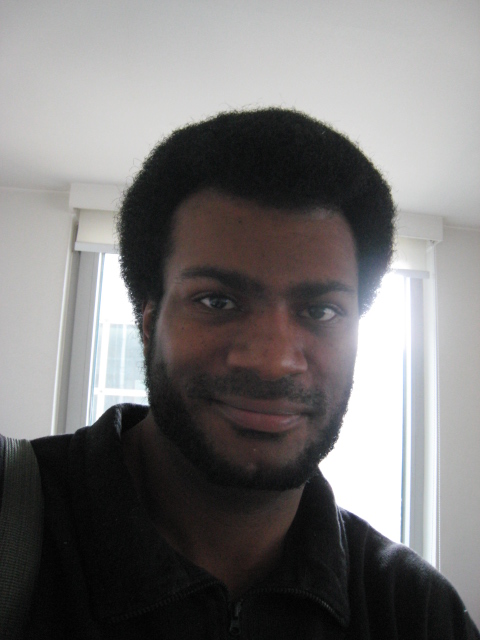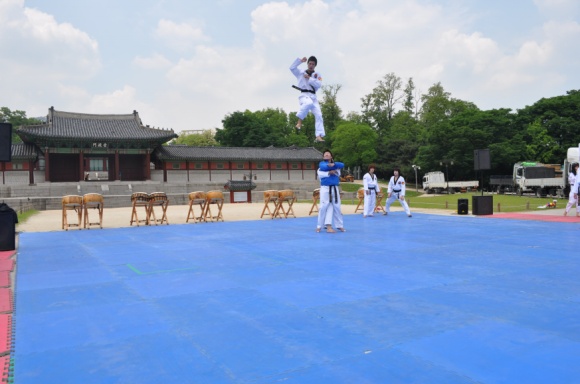Oh honey, buckle up—because today we’re diving deep into a topic spicier than your grandmother’s kimchi, and let me tell you, it’s one that makes my padded hips wiggle with a little bit of drama and a whole lot of sass. I’m talking about the hot-pot topic of body shaming in South Korea, where publicly commenting on someone’s size, weight, or even what’s on their dinner plate can feel as common as ordering a side of spicy tteokbokki. That’s right, people here will call you out on your rolls, your curves, or your lack of curves faster than you can say “Saranghaeyo.” And some say, it’s totally okay—necessary, even. Welcome to this whirlwind, sugar, where sass meets society’s sharp edges!
The Skinny on South Korea’s Body Culture (Pun Intended)
First off, let’s get one thing clear: Korea has high standards when it comes to beauty and appearance, and I’m not just talking about that dewy glass skin everyone’s coveting. Oh no, darling, the expectations go right down to your waistline. Here, size matters, and it matters a lot!
In this country, image is often directly tied to social value. It’s all about that first impression; people care so much about looking their best that they’ll happily drop big bucks on beauty treatments, skincare, and (oh yes) K-pop idol-worthy wardrobes. And while this fabulous, polished exterior might make everything look like a glittery runway, there’s an unspoken rule woven right in there: it’s everyone’s business to notice—and comment on—your body. The attitude around body size and shape goes beyond personal judgment and has practically made itself at home in the social fabric.
How They Actually Do It: “Did You Put on a Little Weight?”
If you’re strutting down a Seoul street, looking cute in your new outfit, feeling like you’re about to land a CF ad, and Auntie Kim or Cousin Choi decides to rain on your parade, don’t be shocked. A totally normal opener from family members or even friends (especially after not seeing you for a while) could be: “Oh, you look like you’ve put on some weight!” or “Aren’t you getting a little too skinny?” Yes, in Korea, your body is a conversational appetizer, something people feel entitled to comment on as if they’re discussing the weather or your new handbag.
From aunties and neighbors to coworkers and even (yes, honey) doctors, almost anyone here might chime in with some unfiltered feedback on your looks. Now, before we all gasp in horror and clutch our pearls, let’s talk about why they think it’s totally okay. This isn’t seen as cruelty or bullying in the same way it might be in other parts of the world. Instead, it’s like a version of tough love where the mindset is “I’m doing this for your own good, boo!” The culture here often equates thinness with health, prosperity, and discipline, so people genuinely believe that calling you out is a public service.
The Cultural Logic: “But We’re Just Being Real With You”
Here’s the tea: in South Korea, weight isn’t just about aesthetics—it’s tied to a moral and social code. Being slim is not only associated with beauty but with health, control, and even respect. For instance, a person who appears overweight might be seen as undisciplined or lazy, while someone who maintains a svelte figure is often perceived as dedicated and hardworking. It’s an idea drilled in from childhood, reinforced by media and celebrity culture that idolizes slim, conventionally attractive idols and actors who seem to live on salads and dreams.
In a society that values harmony and collective progress, this cultural stance on weight serves as a kind of peer pressure mechanism. The idea is that if everyone around you is pointing out what they think might be a flaw, it will motivate you to make improvements and “keep up with the group.” This is especially true when it comes to employment, relationships, and social standing, where a “respectable” appearance often opens doors.
Weight Watching from the Silver Screen to Instagram: Idol Influence
If you’re surprised, imagine how Korean celebrities feel! Idols and actors are expected to be practically carved out of marble, with bodies that defy the laws of nature. Some of Korea’s most beloved celebs face the same scrutiny as everyone else, only magnified a thousand times. K-pop idols, in particular, are subjected to brutal public scrutiny about their weight, to the point where a single pound gained can lead to “concern” headlines or social media shade. It’s not uncommon to see idols adhering to restrictive diets to keep themselves in publicly acceptable shape, with some idols openly sharing “diet plans” that would make a nutritionist weep.
The irony? While many people acknowledge that these standards are unreasonable, the machine keeps turning, and the expectations remain. Idol culture has made looking “ideal” appear effortless, so if a famous face can do it, why shouldn’t you? This perpetuates the notion that staying thin is something anyone can achieve, as long as they have enough willpower, discipline, and motivation. So, if a friend points out your extra scoop of bingsu, it’s probably because they think they’re doing you a favor. Wild, right?
The Flip Side: Mental Health and Self-Image?
The flip side of all this “support” is that people, especially young Koreans, often face a mountain of pressure. It’s not uncommon to see middle and high school students feeling intense insecurity about their bodies or struggling with their self-image. Many South Koreans report feelings of inadequacy due to societal expectations about weight and body shape, which can lead to issues like body dysmorphia, restrictive eating, and even more severe mental health challenges.
Young people, in particular, often experience anxiety about not meeting society’s standards. Think about it: if Auntie Kim is telling you to lose weight, the kids at school are making side-eye comments, and every magazine cover is plastered with impossibly slim bodies, how does anyone not internalize that?
The Reaction of the Younger Generation: Pushing Back with Self-Love and Body Positivity
Fortunately, not everyone’s here for it! There’s a growing movement, especially among younger Koreans, who are trying to push back against these expectations. Body positivity has started to make its way into Korean culture, with influencers and social media personalities speaking out against body shaming and advocating for more inclusive standards of beauty. It’s a fresh breeze blowing through a society traditionally rooted in conformity, where personal worth is often linked to appearance.
However, this movement still faces challenges. While Western influence and global conversations about self-love and acceptance have made some impact, they’re still relatively new concepts in South Korea. Many young people are trying to find a balance, embracing self-acceptance while still feeling pressure to “fit in.” But honey, you better believe they’re giving it their best shot!
So, Is Body Shaming Necessary, or Just…There?
Alright, let’s wrap it up like a K-pop comeback, because the real question here is: is this necessary? In South Korea, body shaming isn’t seen as shaming at all; it’s more like societal quality control. But as much as people try to sugarcoat it as “helpful feedback,” let’s be real—it can be rough. The need for change is something even locals are starting to acknowledge. Is it changing fast enough to make a difference? That’s the cliffhanger we’re all waiting to see unfold.
So the next time someone says, “Are you sure you want to eat that?” or “Did you lose weight? You look so much better!” just channel your inner sass, give ‘em a fabulous hair flip, and say, “I’m perfect as I am, sweetie!” Because no matter what the scale says or what anyone else thinks, you’re a masterpiece—and that’s the tea.
Until next time, loves, stay sassy, stay strong, and don’t let anyone (not even Auntie Jihae) tell you who you are. Ciao!




Korea has no fat people come and see for yourself !